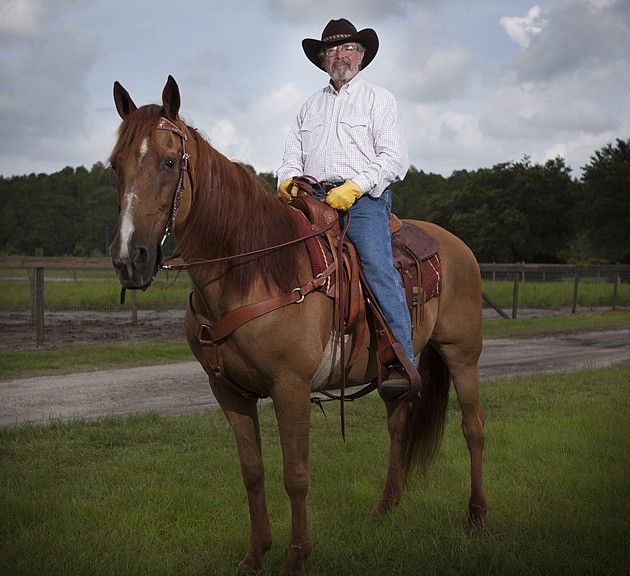- July 26, 2024
-
-
Loading

Loading

After three decades as a broker, Bill Eshenbaugh knows the telltale signs an economic recovery is in progress.
Cement trucks driving by on weekends and holidays, as well as help wanted signs for tradesmen sure look good to the land broker.
Less tangible signs also point to an economic recovery: a rise in residential prices and housing starts and bidding wars for existing homes.
“Most people seem to think we're in for a five- or six-year run and we're a year into it,” says Eshenbaugh, CEO of Eshenbaugh Land Co.
As neighborhoods are built and people move into the houses, demand for other commercial real estate sectors follows. “Once they get cooking, a lot of the services that go along with that will get cooking,” says Eshenbaugh.
Look for new industrial projects, along with growth in offices, hotels, grocers, daycares and senior living. The latter is one area where Eshenbaugh expects growth in response to new demand from baby boomers.
“We're trying to stay out there in front of those curves so we're not trying to catch up but rather leading the way,” says Eshenbaugh, whose eight-person firm has property listings from Naples to Ocala.
Normally, Florida's real estate cycles last five to seven years. But the last real estate boom was 12 to 15 years, he says, and many people, including brokers, bankers and economists, behaved as though it would never end.
When the bottom fell out in 2008, it was devastating for many of them.
That year was the first time Eshenbaugh's business, started in 1992, wasn't profitable. The broker had to dig into company reserves to keep the doors open.
“We watched tremendous deals fall apart,” he says.
In 2009, the brokerage was once again turning a profit.
“In 20 years we haven't missed or been late on a single rent payment or payroll,” says Eshenbaugh.
Some brokerages weren't as prepared.
“We don't have near as many competitors any more,” says Eshenbaugh. “We've lost a lot of people who thought they were land brokers. There has been a narrowing of the field.”
Land deals can take years to complete, he says, especially when the economy falters. This summer, the firm closed on a Pasco County deal that it placed under contract 12 years ago.
The 2001 sales contract called for the closing to take place within 30 days of a new road and traffic light being installed near the property. Back then, the deal was expected to close within three to four years. But the nearby property owner, responsible for finishing the road, filed for bankruptcy.
“It's not for the fainthearted,” he says. “If you have to have a pay day in the next six months, don't be a land broker.”
In the prior real estate boom, annual revenues exceeded $100 million.
This year, revenue is expected to hit $50 million.
Eshenbaugh, a Pennsylvania native who's as comfortable on a horse as driving a truck, was the firm's only broker until eight years ago.
In 2005, he hired Nancy Surak and Ryan Sampson. Last year, Chris Bowers joined the team. Eshenbaugh's wife, Lynda Keever, former Florida Trend publisher, and his daughter, Kristina Chutz, work at the firm but not as brokers.
Eshenbaugh, his associates and the firm have received multiple awards over the years, including accolades from the Florida Gulfcoast Commercial Association of Realtors and NAIOP.
For the past four years, Eshenbaugh has received FGCAR's “Land Deal of the Year” award.
At 71, Eshenbaugh doesn't look or act his age. And he's sure not looking to slow down or retire. His younger colleagues say he works more hours than they do.
Surak joined the firm in 2005 after talking to 10 brokers for tips on the best way to learn the business as a newcomer, she says. When she asked the brokers who'd they would work for if they were starting out, nine of 10 said Eshenbaugh.
The other was Eshenbaugh.
He was working as a “lone wolf,” as he jokes, and he didn't plan to hire anyone. But Surak convinced him she'd be good for the firm.
“I didn't want to work for anyone else,” she says.
Wise words
Bill Eshenbaugh's tips for entrepreneurs:
No. 1. “Network, network, network.”
No. 2. “Get up before daylight. Spend a few hours each weekend focused on your primary business.”
No. 3. Continue to learn. Take classes. “Keep getting an education wherever you find it. You have to stay on top of your game, the trends, what's current.”